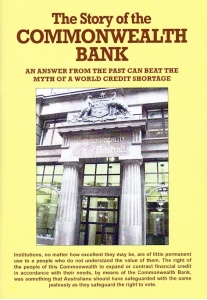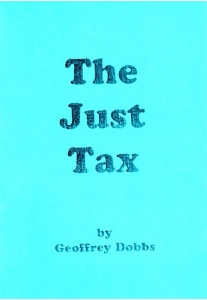“THE author concluded a former work on Money in these words :—“That which has engaged the attention, without harmonizing the convictions of such master minds as Aristotle, Plato, Tycho, Brahe, Copernicus, Locke, Newton, Smith, Bastiat, and Mill, is surely a study, which none can afford to approach with rashness, nor to leave with complacency. Money is perhaps the mightiest engine, to which man can lend an intelligent guidance. Unheard, unfelt, unseen, it has the power to so distribute the burdens, gratifications, and opportunities of life that each individual shall enjoy, that share of them, to which his merits or good fortune may fairly entitle him, or, contrariwise, to dispense them with so partial a hand as to violate every principle of justice, and perpetuate a succession of social slaveries to the end of time.” I begin the present work, in the same spirit with which I closed the former one, that is to say, without bias concerning any system of money, and only anxious to examine and profit by the experience of the past.
These principles of money—namely, that Money is a Measure, and must be of necessity an Institute of Law, that the Unit of money is All Money within a given legal jurisdiction, that the practical Essence of money is Limitation, and that coins and notes alike are Symbols of money—are fully discussed and illustrated in my “Science of Money.”




